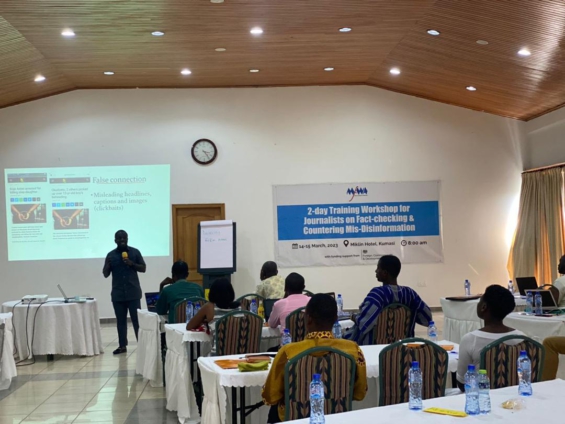Media professionals have been urged not to discard information shared on social media.
The expert want pressmen to take advantage to reflect on the content, call out falsehoods, and fact-check them.
According to Kwaku Krobea Asante, Fact-Check Lead at Media Foundation for West Africa (MFWA), while cases of misinformation, disinformation and mal-information would continue to exist, media practitioners could help change the narrative.
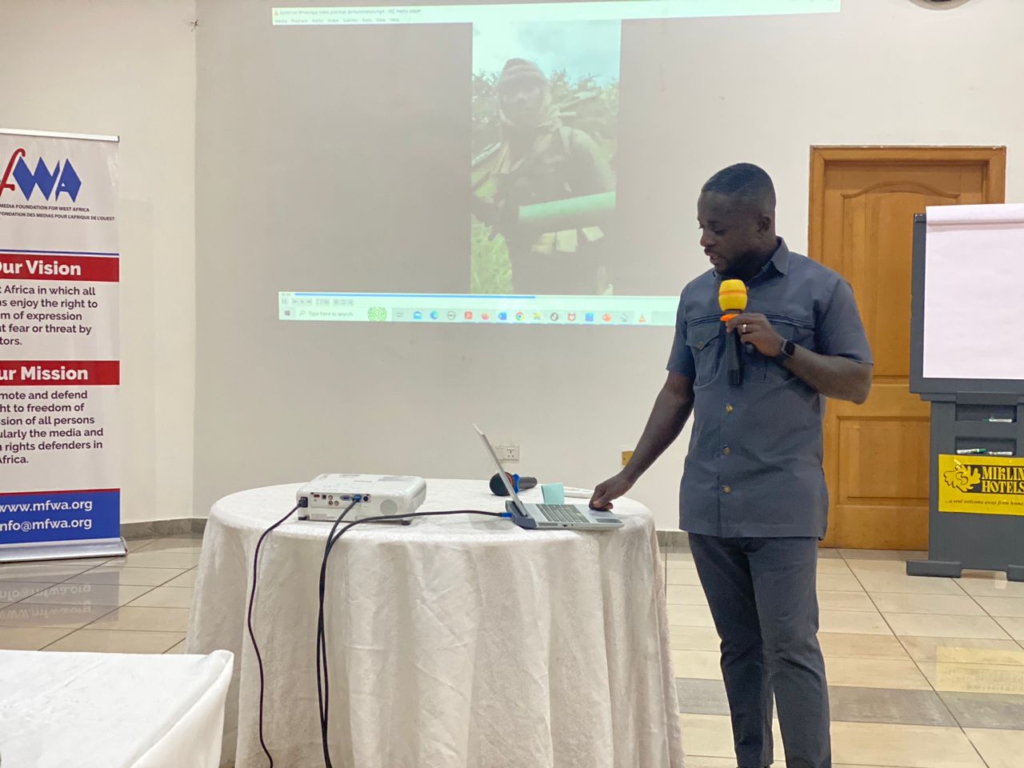
He was speaking at a two-day training workshop on fact-checking and countering misinformation for 25 media practitioners in Kumasi.
According to the website, Statista 2020, the global economic damage caused by the dissemination of false news in the financial, political, and healthcare sectors is around 78 billion dollars.
The actual loss, however, is the sensation of general confusion generated by a steady flow of disinformation.
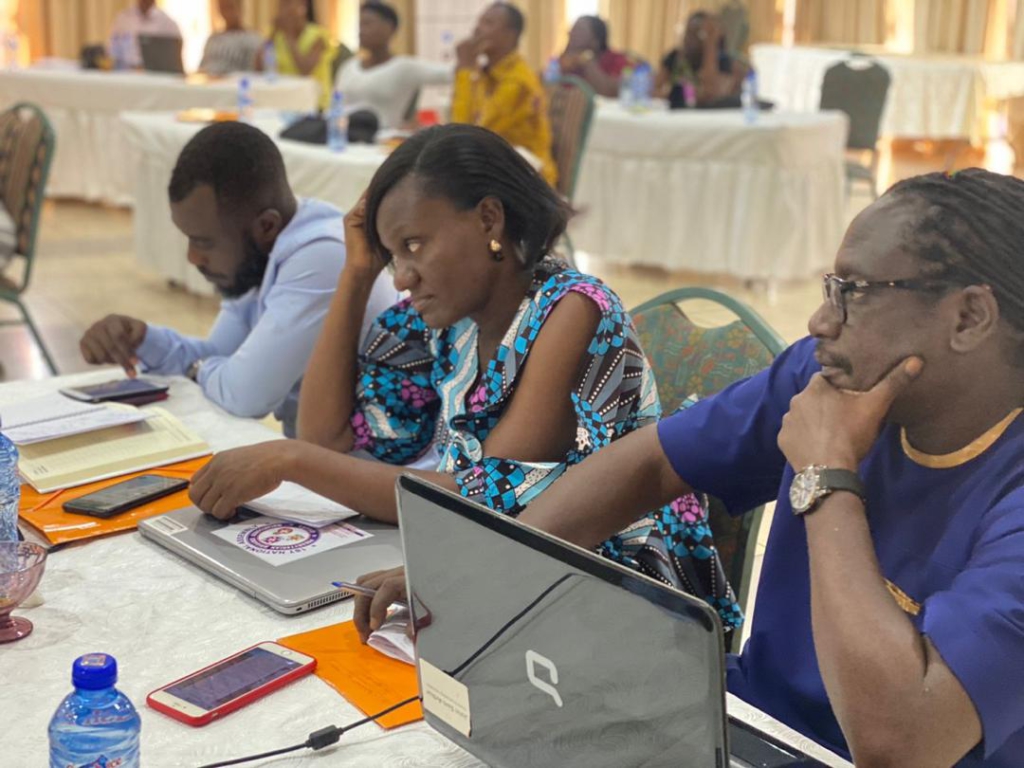
Some Ghanaians are questioning the relevance of social media, which is seen as the least dependable source of information and fake news.
According to Statista, confidence in conventional media is also dropping, with 53% of respondents believing it to be trustworthy.
Kwaku Krobea emphasized the significance of gathering information in the proper manner, utilizing unique verification methods including, fact-checking, verifying sources and checking the author.
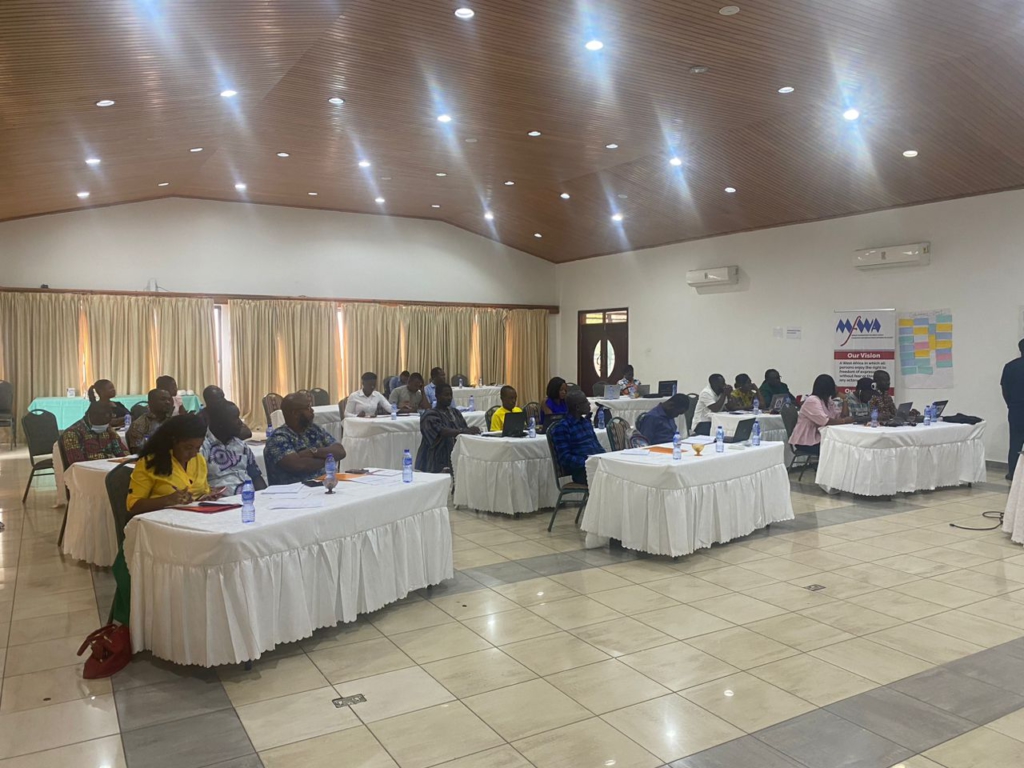
He emphasized social media platforms are particularly fertile ground for the spread of fake news – the ease with which fake news can be circulated, as well as the impunity for those who share it, are just a few of the factors that make social media platforms particularly dangerous and difficult to manage.
The Media Foundation for West Africa is working to enhance the region's media landscape by countering misinformation and propagandist narratives via media capacity building, fact-checking, and media campaigns.
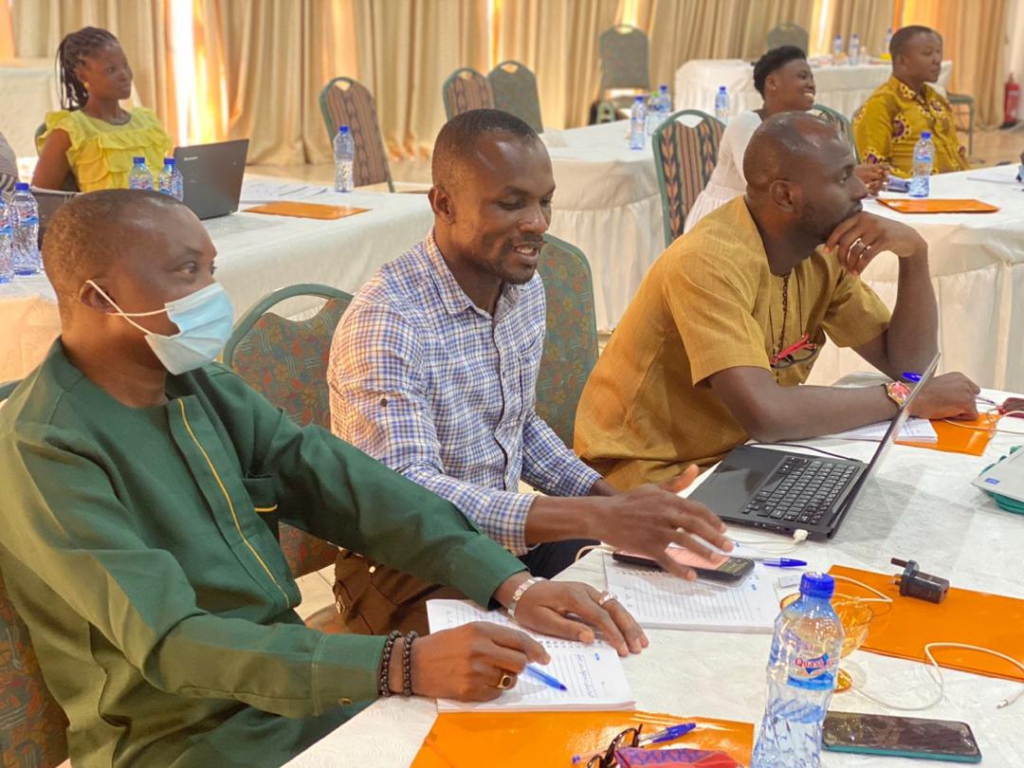
Participants were taken through Google reverse image search, pandex.com, tineeye.com and image-edited websites photos facts-checking to be able to verify and confirm the authenticity of photos shared on social media to inform, misinform or disinform the public.
Kwaku said it was necessary for the media practitioners to use these websites for their greater digital well-being, and to exercise their critical thinking
Latest Stories
-
Joy FM listeners criticise Achiase Commanding Officer’s election comment
4 mins -
Legal Aid Commission employees threaten strike over poor working conditions
7 mins -
Ghana ranked 7th globally as biggest beneficiary of World Bank funding
17 mins -
IMF board to disburse $360m to Ghana in December after third review
21 mins -
Former Bono Regional NPP organiser donates 13 motorbikes to 12 constituencies
27 mins -
Securities industry: Assets under management estimated at GH¢81.7bn in quarter 3, 2024
32 mins -
Gold Fields Ghana Foundation challenges graduates to maximise benefits of community apprenticeship programme
2 hours -
GBC accuses Deputy Information Minister Sylvester Tetteh of demolishing its bungalow illegally
2 hours -
Boost for education as government commissions 80 projects
2 hours -
NAPO commissions library to honour Atta-Mills’ memory
3 hours -
OmniBSIC Bank champions health and wellness with thriving community walk
3 hours -
Kora Wearables unveils Neo: The Ultimate Smartwatch for Ghana’s tech-savvy and health-conscious users
3 hours -
NDC supports Dampare’s ‘no guns at polling stations’ directive
3 hours -
Police officer interdicted after video of assault goes viral
3 hours -
KNUST’s Prof. Reginald Annan named first African recipient of World Cancer Research Fund
3 hours

